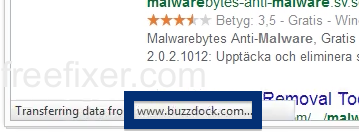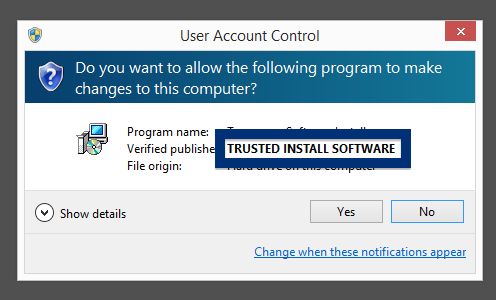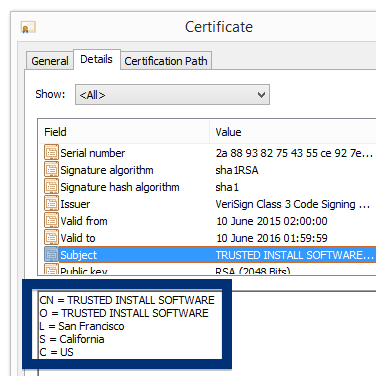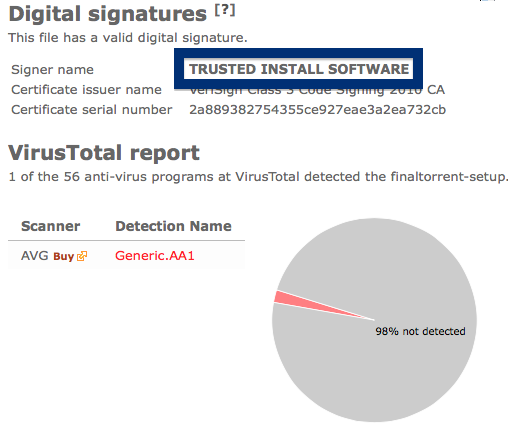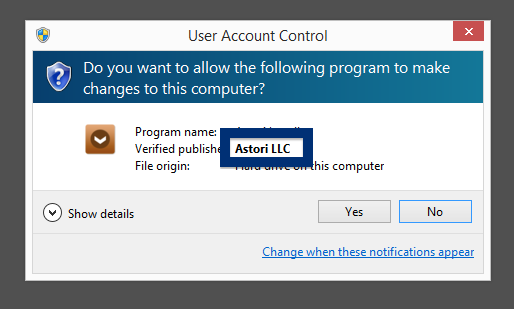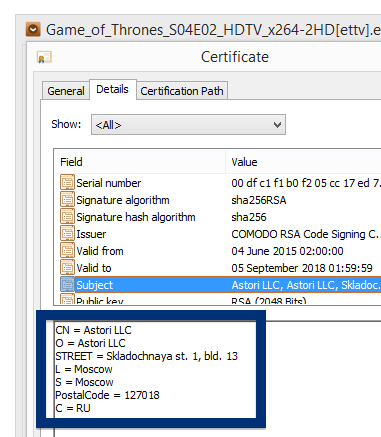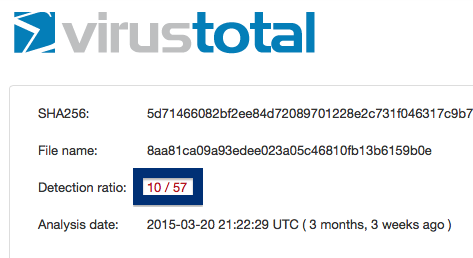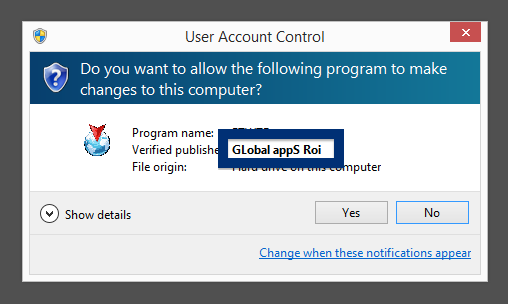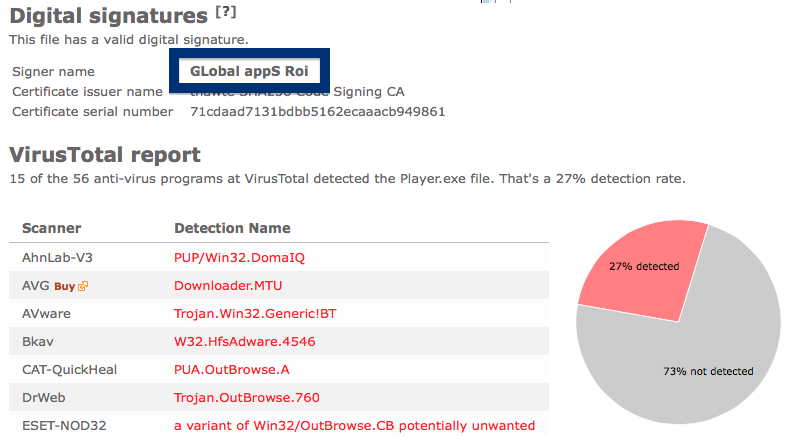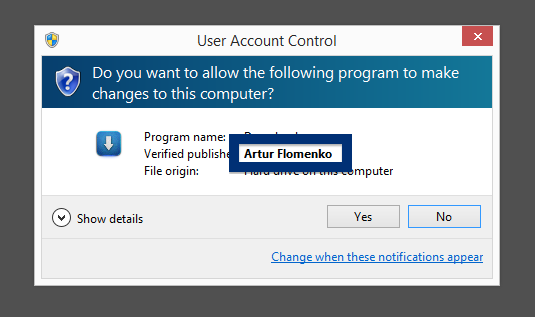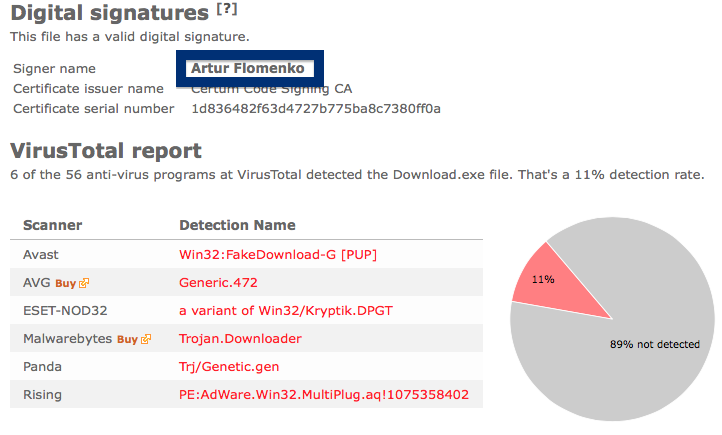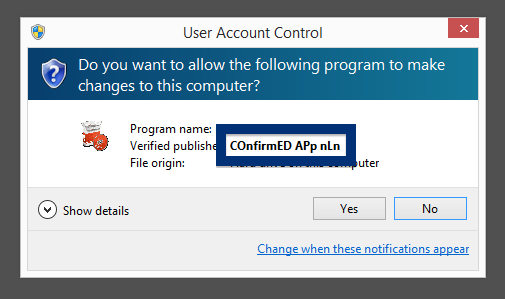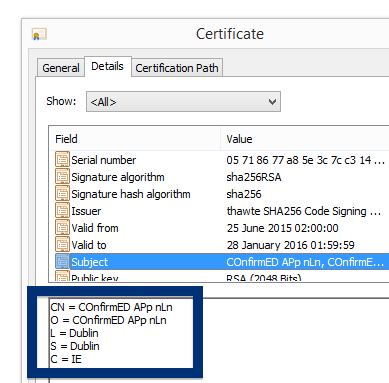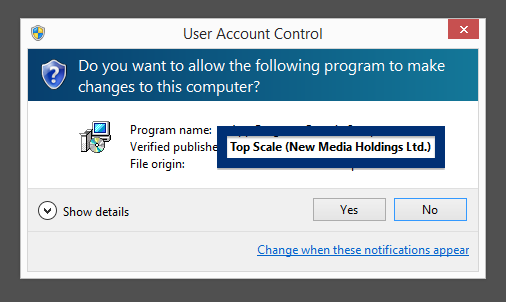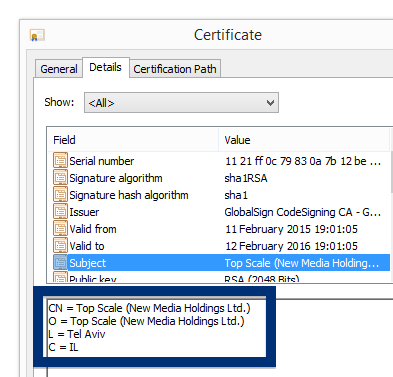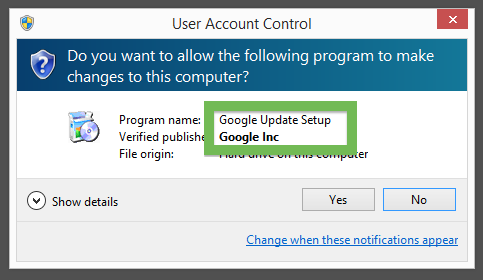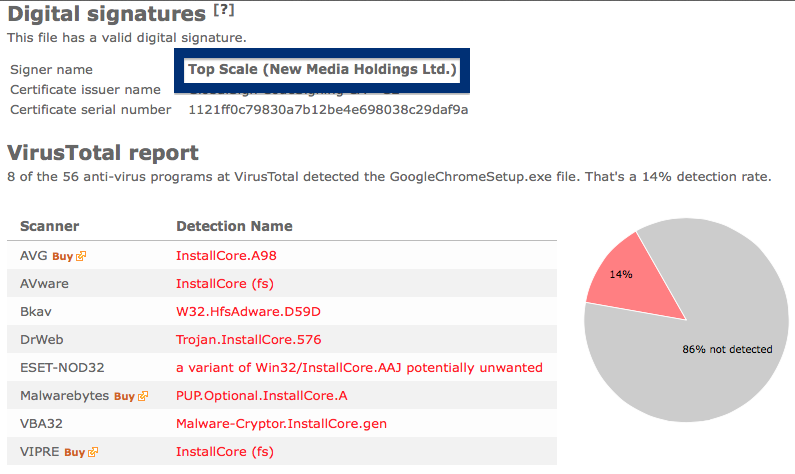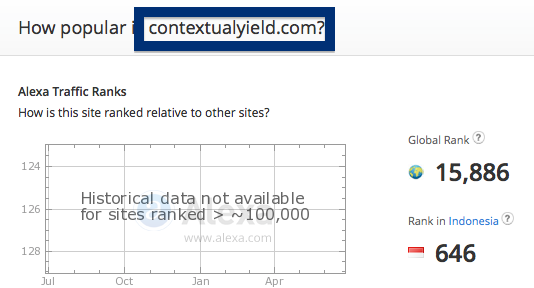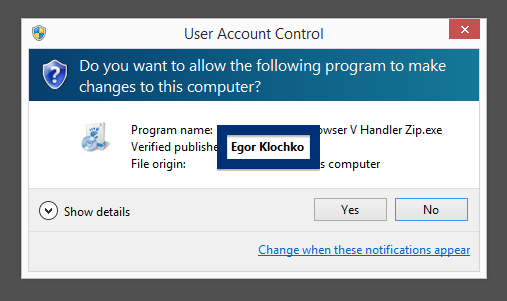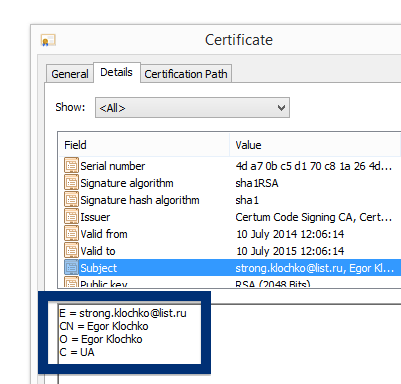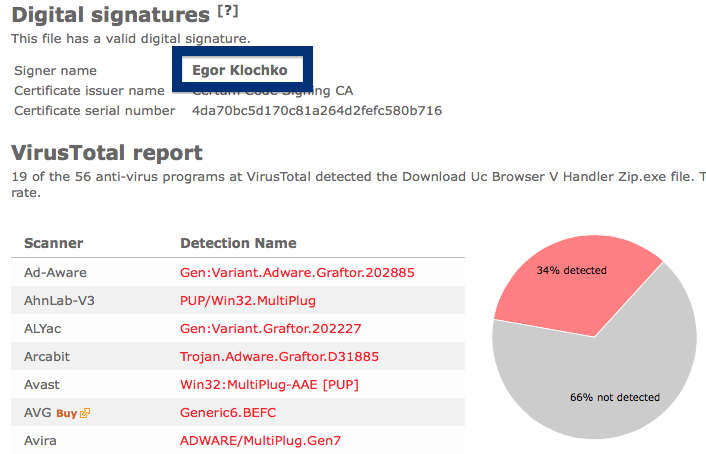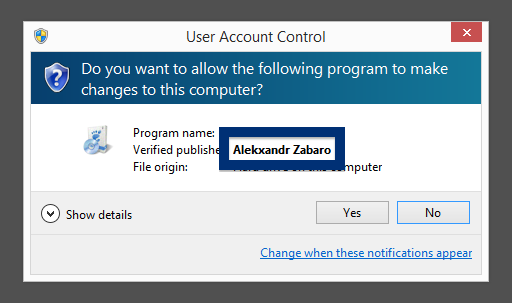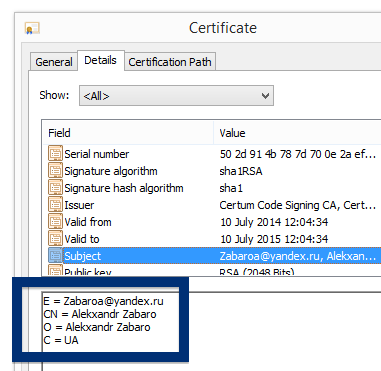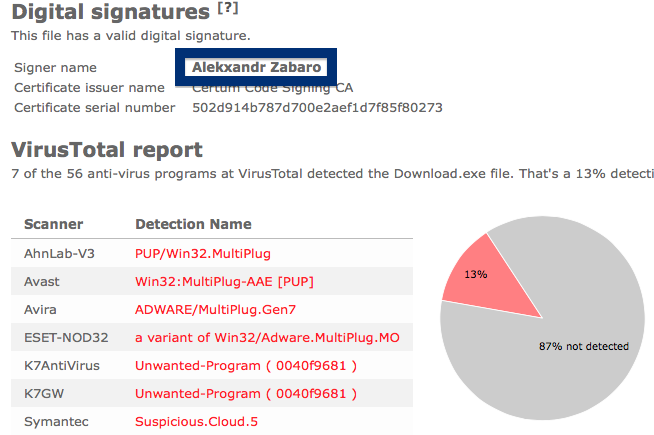This page shows how to remove buzzdock.com from Mozilla Firefox, Google Chrome and Internet Explorer.
Did you just see buzzdock.com in the status bar of your browser and ponder where it came from? Or did buzzdock.com show up while you searched for something on one of the major search engines, such as the Google search engine?
Here’s a screen dump of buzzdock.com when it showed up on my machine:
As you can see, it appeared while I did a search at Google.
The following are some of the statusbar messages you may see in your browser’s status bar:
- Waiting for buzzdock.com…
- Transferring data from buzzdock.com…
- Looking up buzzdock.com…
- Read buzzdock.com
- Connected to buzzdock.com…
Does this sound like what you see your computer, you apparently have some potentially unwanted program installed on your machine that makes the buzzdock.com domain appear in your browser. So don’t flame the people that runs the web site you were at when you first spotted buzzdock.com in the statusbar. They are apparently not responsible, but from the potentially unwanted program that’s running on your machine. I’ll try help you with the buzzdock.com removal in this blog post.
For those that are new to the blog: Not long ago I dedicated some of my lab computers and deliberately installed some potentially unwanted programs on them. I’ve been monitoring the behaviour on these computers to see what kinds of ads, if any, that are displayed. I’m also looking on other interesting things such as if the potentially unwanted program updates itself automatically, or if it downloads additional software on the computers. I first spotted buzzdock.com in Mozilla Firefox’s status bar on one of these lab machines.
buzzdock.com was registered on 2009-11-02. buzzdock.com resolves to the 8.25.35.116 IP address. I’ve also seen edge.buzzdock.com in use.
So, how do you remove buzzdock.com from your browser? On the machine where buzzdock.com showed up in the status bar I had PriceFountain, SpeedChecker, YTDownloader and WebWaltz installed. I removed them with FreeFixer and that stopped the browser from loading data from buzzdock.com.
The issue with status bar messages like this one is that it can be caused by many variants of potentially unwanted programs, not just the potentially unwanted program that’s installed on my machine. This makes it impossible to say exactly what you need to remove to stop the status bar messages.
Anyway, here’s my suggestion for the buzzdock.com removal:
The first thing I would do to remove buzzdock.com is to examine the software installed on the machine, by opening the “Uninstall programs” dialog. You can open this dialog from the Windows Control Panel. If you are using one of the more recent versions of Windows you can just type in “uninstall” in the Control Panel’s search field to find that dialog:
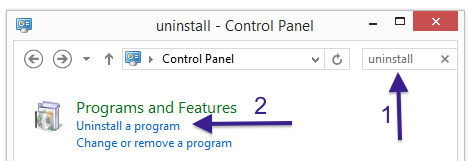
Click on the “Uninstall a program” link and the Uninstall programs dialog will open up:
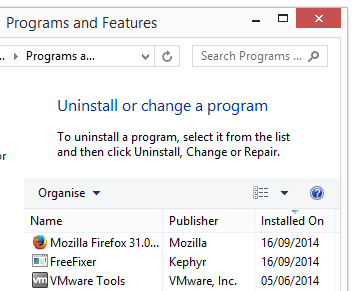
Do you see something dubious in there or something that you don’t remember installing? Tip: Sort on the “Installed On” column to see if something was installed about the same time as you started seeing the buzzdock.com status bar messages.
Then you can examine you browser add-ons. Potentially unwanted programs often appear under the add-ons dialog in Chrome, Firefox, Internet Explorer or Safari. Is there anything that looks suspicious? Something that you don’t remember installing?
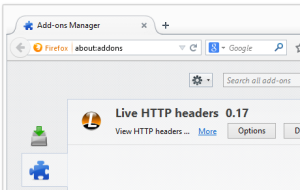
I think most users will be able to find and remove the potentially unwanted program with the steps outlined above, but in case that did not work you can try the FreeFixer removal tool to identify and remove the potentially unwanted program. FreeFixer is a freeware tool that I started develop many years ago. Freefixer is a tool built to manually identify and remove unwanted software. When you’ve tracked down the unwanted files you can simply tick a checkbox and click on the Fix button to remove the unwanted file.
FreeFixer’s removal feature is not crippled like many other removal tools out there. It won’t require you to pay a fee just when you are about to remove the unwanted files.
And if you’re having troubles deciding if a file is clean or potentially unwanted in FreeFixer’s scan result, click on the More Info link for the file. That will open up a web page which contains additional information about the file. On that web page, check out the VirusTotal report which can be very useful:

Did you find any potentially unwanted program on your machine? Did that stop buzzdock.com? Please post the name of the potentially unwanted program you uninstalled from your machine in the comment below.
Thank you!
